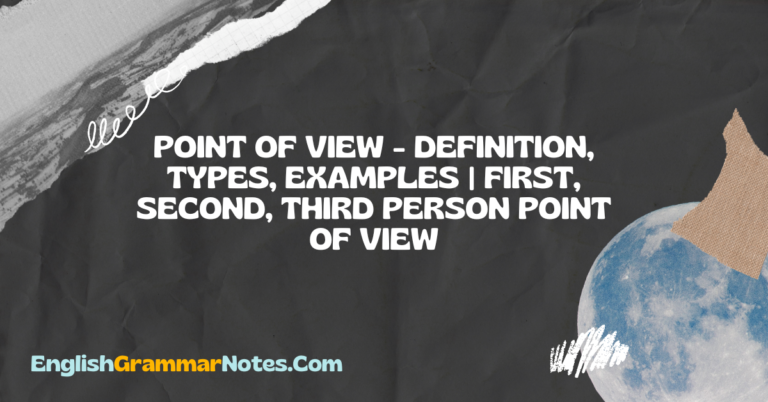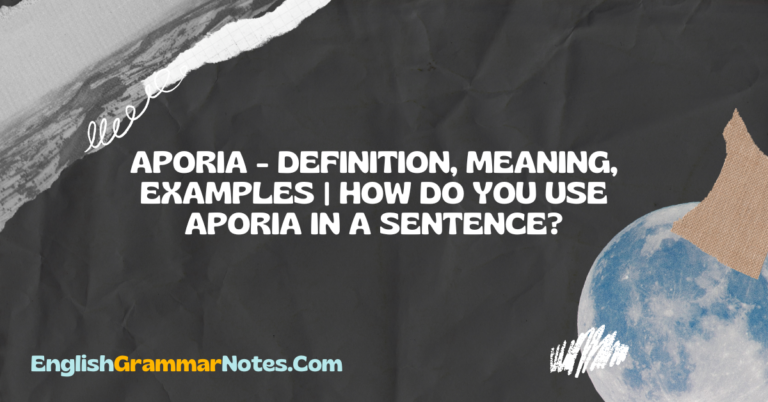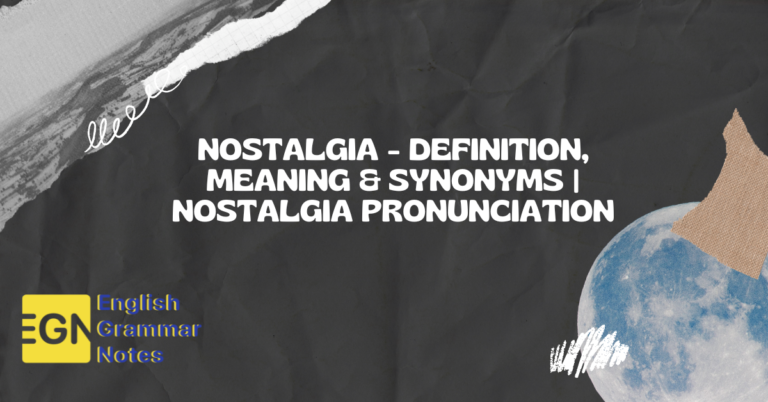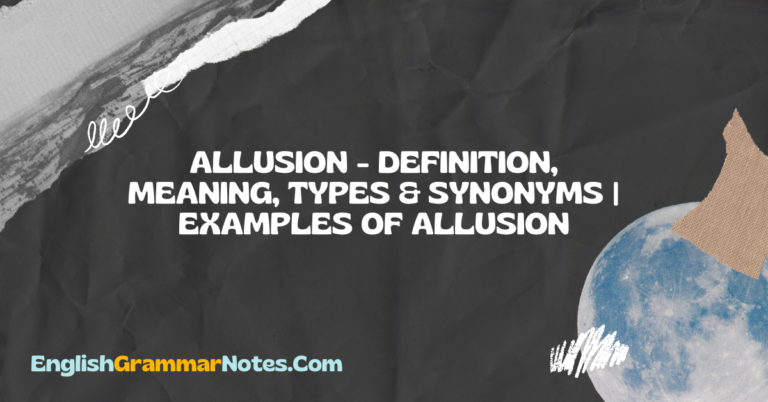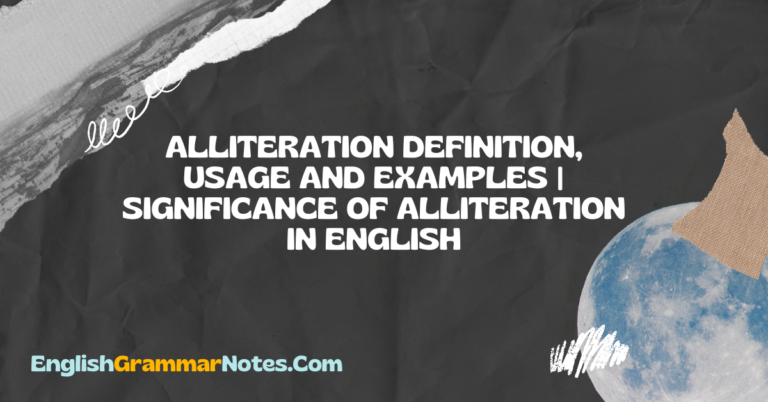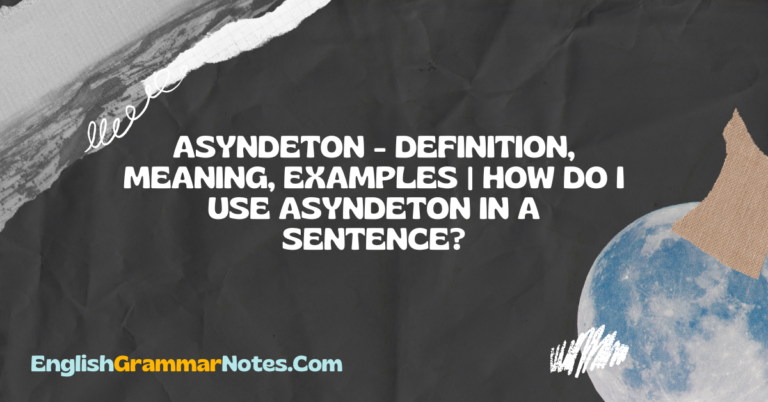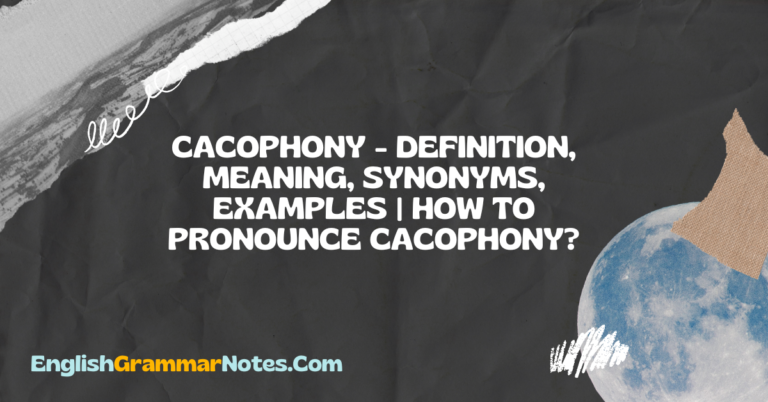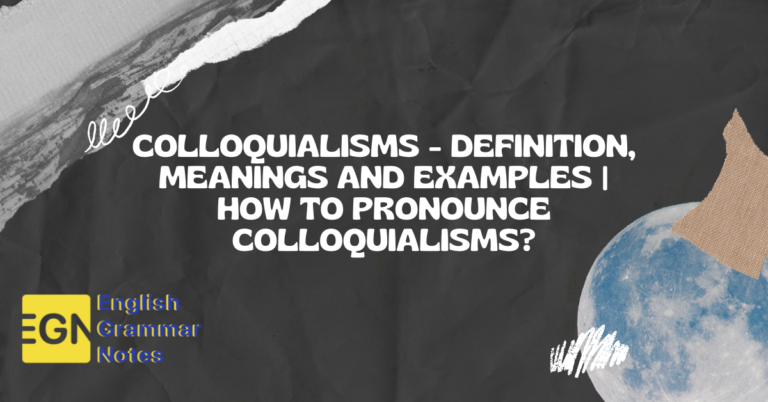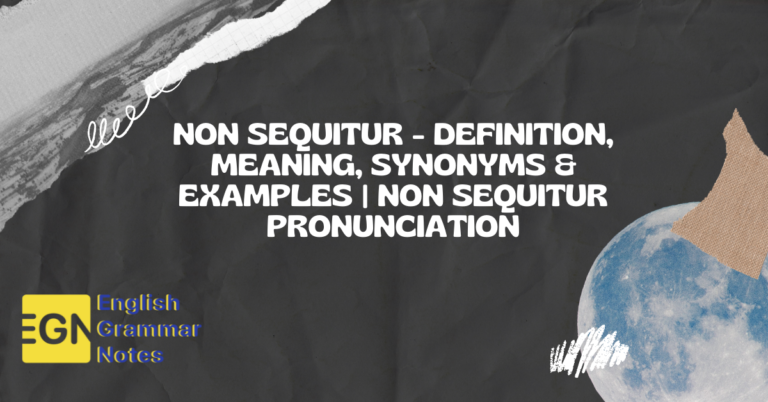Analogy – Definition, Meaning & Synonyms | 100 Examples of the Word Analogy
The analogy is one of the common literary devices. Even though it’s one of the hardest among figures of speech, the analogy is a very useful literary device. The word ”analogy” has its roots in the ancient Greek analogia meaning ”proportion.” In this article, you will be introduced to all the essential information about analogy including its definition, common examples, its significance, etc. What is an Analogy? Types of Analogy Analogy Examples Significance of Analogy How to create an Analogy? Analogy Vs Metaphor Vs Simile Analogy Vs Allusion Analogy Synonyms What is Analogy? Distinguish between analogy and allusion? What are the benefits of using analogy? Are metaphors and analogies the same? What is an Analogy? An analogy is a literary device that compares two different things to illustrate common elements. The analogy does not merely show, but explains a concept. Analogies can be phrased as follows: the first word is to the second word and the third word is to the fourth word. Types of Analogy The different types of analogy include Literal Analogy: Used to compare two things that are very closely related. Figurative Analogy: Used to compare two things that are not quite similar. Comparison is based on …
